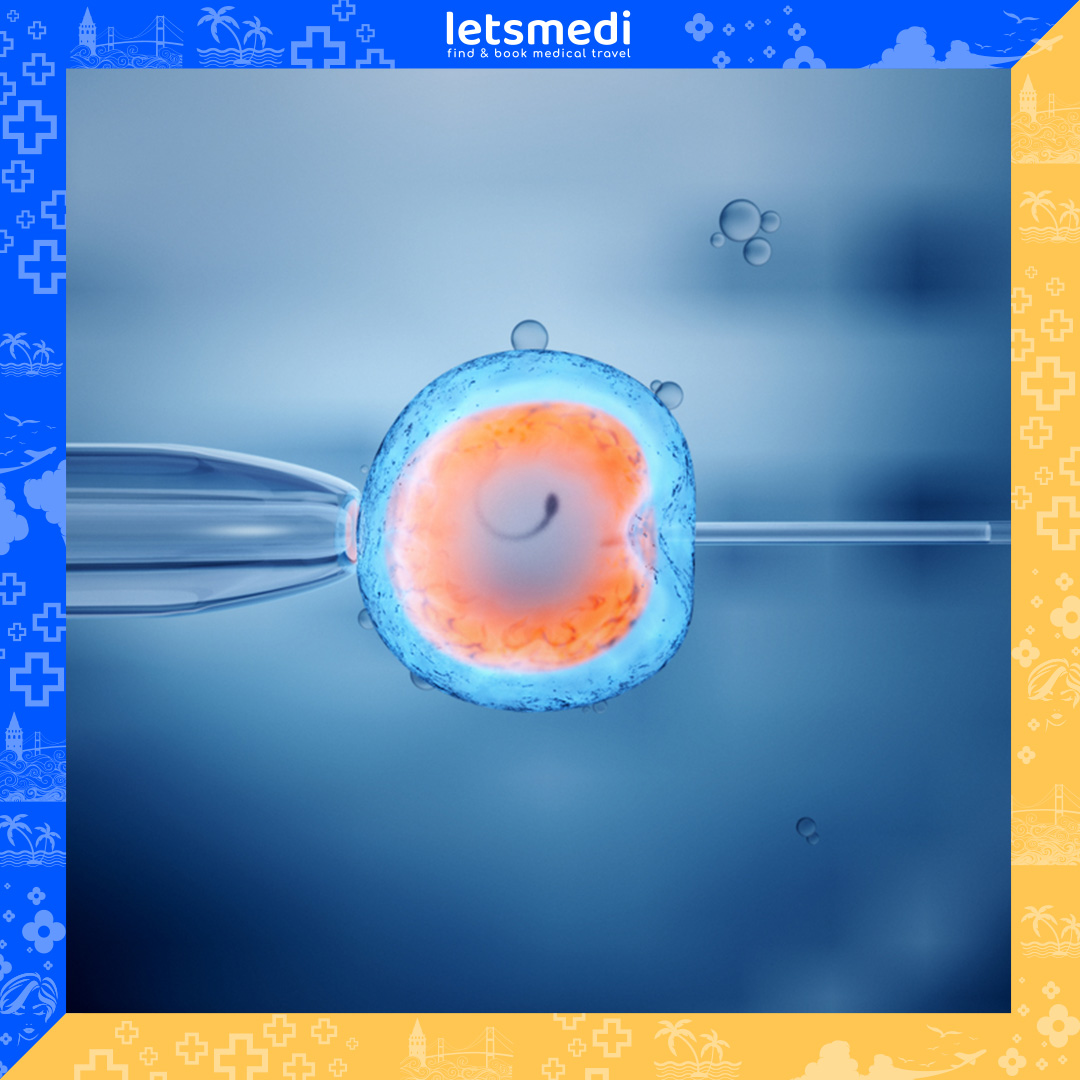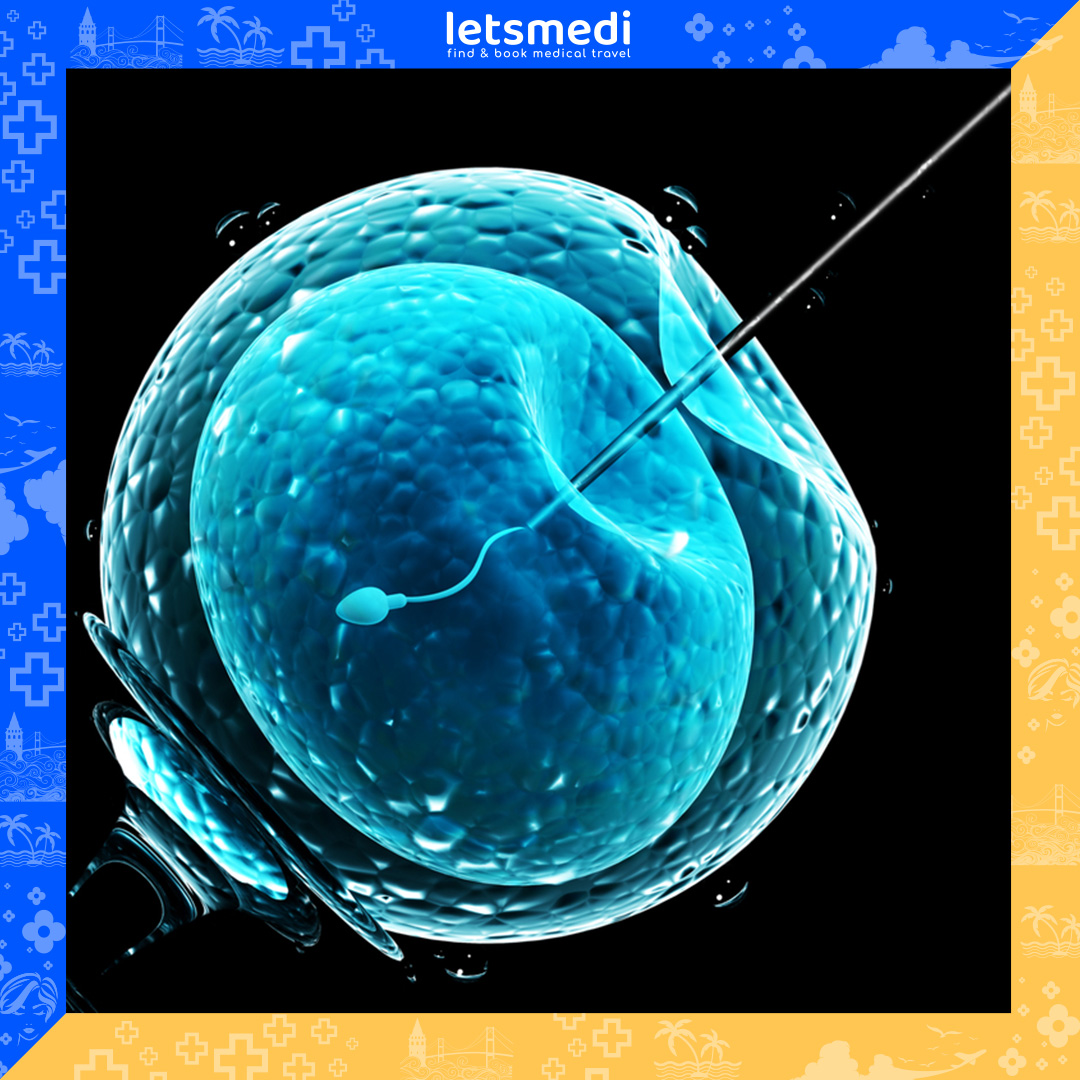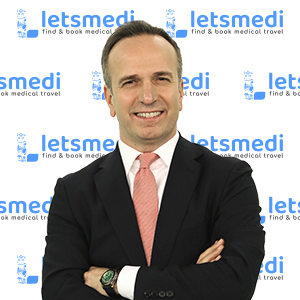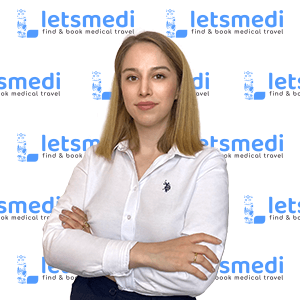IVF is a common treatment for people who are unable to conceive on their own. With the advancement of technology in recent years, IVF production has become much easier and more effortless.
People who are unable to have children normally can have children who are identical to healthy and normal children using this method. Typically, in IVF, the woman is given medications (fertility hormones) to stimulate her ovaries into producing a few eggs. In a lab, the eggs are collected and mixed with sperm.
When the sperm quality is deemed normal, IVF is completed. If there are sperm quality issues, such as limited motility or number, an embryologist may use a technique known as intracytoplasmic sperm infusion (ICSI), in which a single sperm is infused into the egg.
If the treatment is successful, the undeveloped organisms are allowed to develop for two to six days. This aides the embryologist in selecting the most grounded undeveloped organism, which is then returned to the lady’s belly in the hopes of a fruitful birth.
Several high quality incipient organisms are produced on a regular basis. In these cases, it is normally best practice to freeze the remaining undeveloped organisms because returning two undeveloped organisms to the belly increases your chances of having twins or trios, which conveys health chances. If your first cycle fails or you need to go after another infant, you can use your frozen incipient organisms.


GET FREE CONSULTATION
Table of Contents
How to Do IVF Treatment in Turkey?
The first stage of IVF is to take ripeness drugs for a while to help your ovaries produce a few full grown eggs ready for treatment. This is known as ovulation acceptance. Standard ultrasounds or blood tests may be performed to quantify your chemical levels and monitor your egg production.
When your ovaries have produced enough experienced eggs, your PCP removes the eggs from your physique (this is called egg recovery). Egg recovering is a minor issue surgery performed at your primary care physician’s office or at a ripeness center. You’ll be given medication to help you stay loose and open during the procedure.
Using an ultrasound to see inside your body, the specialist inserts a small, empty cylinder through your vagina and into the ovary and follicle where your eggs are stored. The needle is linked to an attraction device that gently pulls the eggs out of each follicle.
How is the Process IVF Treatment in Turkey?
Insemination is the process of combining your eggs with the sperm cells of a partner or a giver in a laboratory. The eggs and sperm are stored together in a separate compartment, and preparation begins.
To advance treatment, sperm with lower motility (that do not swim) could be infused directly into the eggs. Individuals working in the lab monitor the progression of the cells in the prepared eggs as they partition and become incipient organisms.
At least one undeveloped organism is placed into your uterus 3-5 days after the egg recovery (this is called undeveloped organism move). The specialist inserts a thin cylinder passes through your cervix and into your uterus, inserting the undeveloped organism directly into your uterus via the cylinder.
Pregnancy occurs when any of the developing organisms attach to the uterine coating. Incipient organism transfer is usually painless and done at your PCP’s office or a richness center. After your undeveloped organism moves, plan on resting for the rest of the day. The next day, you can resume your regular exercises.
For the first 8-10 weeks after the undeveloped organism move, you can also take pills or get daily shots of a chemical called progesterone. The chemicals make it easier for the developing organism to survive in your uterus.
Our Clinic in Istanbul, Turkey
What to Do Before IVF Treatment in Turkey Process?
Women will first undergo ovarian save testing before beginning IVF. This includes taking a blood test and determining the level of follicle stimulating chemical (FSH). The results of this test will provide your primary care physician with information about the size and nature of your eggs.
Your PCP will also examine your uterus. This could include going to perform an ultrasound, which creates a high frequency sound wave picture of your uterus. In addition, your PCP may insert an extension through your vaginal opening and into ones uterus These tests may reveal strength of your uterus and assist the specialist in determining the best way to embed the developing organisms.
Men should have their sperm tested. This includes administering a sperm test, which a lab will analyze to determine the number, size, and condition of the sperm. If the sperm are frail or damaged, a procedure known as intracytoplasmic sperm infusion (ICSI) may be required. During ICSI, a professional injects sperm directly into the egg. ICSI can be beneficial to the IVF cycle.
The decision to undergo IVF is a personal one. There are several factors to consider:
- How will you handle any unused embryonic organisms?
- How many undeveloped organisms do you want to move? The greater the movement of developing organisms, the greater the risk of multiple pregnancy. Most specialists will not swap multiple embryonic organisms.
- What are your thoughts on the Is it possible to have twins, sextuplets, or multiple births?
- What can be said about the legal and sensitive issues surrounding the use of donated eggs, sperm, and embryonic organisms or a proxy?
- What are the financial, physical, and emotional costs of IVF?
Why is IVF Treatment Cheaper in Turkey?
Currency exchange: The exchange rate to Turkish Lira for strong currencies such as the US dollar, British pound, and Euro makes expensive services such as IVF relatively affordable, while it is just as expensive for people who own Turkish Lira.
Incentives from the government: The Turkish government is aware that Turkey is a popular international destination for people seeking medical services. As a result, the government provides incentives, tax breaks, and other benefits to medical tourism and private hospitals. As a result, private clinics can keep their fees are kept low to ensure competitive pricing and affordability. sacrificing any expenses required for a thorough and safe procedure.
Because of the value of the Turkish Lira, the cost of living in Turkey is very low when compared to countries such as the United States, the United Kingdom, Canada, and other European countries. Low labor, material, infrastructure, and technology costs result in low prices.
Competition: As a result of the preceding factors, ART treatment prices in Turkey are relatively low. Furthermore, because many clinics provide services to people traveling to Turkey from other countries, they are able to maintain competitive prices.
The cost of IVF in Turkey varies depending on the clinic’s location, the doctor’s expertise, and the extent of treatment. In Turkey, the average cost of IVF is $3700, which includes:
- Medication
- Ovarian Stimulation Under Control
- Examinations with ultrasound
- Retrieval of Eggs
- Anesthesia in General (Sedation)
- Fertilization (IVF or ICSI)
- Assisted laser hatching, embryo scope, and embryo glue are all available.
- Transfer of Embryos
- Follow-up and consultation on treatment outcomes
- 3 days in a hotel
- Transfers from the airport to the hotel and from the hotel to the clinic
- This price does not include PGD or TESA/TESE if they are required.
The cost of freezing extra, high-quality embryos is approximately $500. (including one-year storage cost)
What are the Average Prices for IVF Treatment in Turkey?
These days, with the advancement of technology, IVF babies can be created with greater success and at a lower cost. This practice has begun to produce more clear and beautiful outcomes. How much does IVF treatment in Turkey cost? Almost everyone’s budget determines 2019 IVF baby prices. In the region of Cyprus, IVF treatment costs between 2500 and 3500 Euros on average. The cost of IVF treatment in Turkey ranges between 2500 and 3500 Euros.
In Turkey, the average cost of in vitro fertilization – IVF is $3700, whereas IVF prices in the United States range from $15,000 (not including medication) and in Canada, the IVF cost ranges from $7,750 to $12,250 CAD. In comparison to other countries, Turkey has the lowest IVF cost.
Why is IVF Treatment in Turkey the Best Choice Abroad?
There are numerous advantages to traveling abroad for IVF treatment. It provides the opportunity to enjoy a vacation that is both mentally and physically relaxing. Being in a new country changes people’s moods and allows them to focus on different subjects.
Going to Turkey for IVF treatment is the best option. First and foremost, Turkey is an appealing destination with a high success rate for IVF treatments. Turkey’s health care system has the most advanced technological infrastructure.
Turkey has a highly skilled practitioner who specializes in male and female infertility, unexplained infertility, and IUI, IVF, and ICSI treatments. Turkey combines cutting edge assisted reproductive technologies with the highest levels of patient care.
Turkey is dedicated to ongoing research and development of new treatment technologies. But, despite this, Turkey is the most affordable country for IVF treatments, where you can get more while paying less.



Reference:
Devroey, P., Polyzos, N. P., & Blockeel, C. (2011). An OHSS-Free Clinic by segmentation of IVF treatment. Human reproduction, 26(10), 2593-2597.






